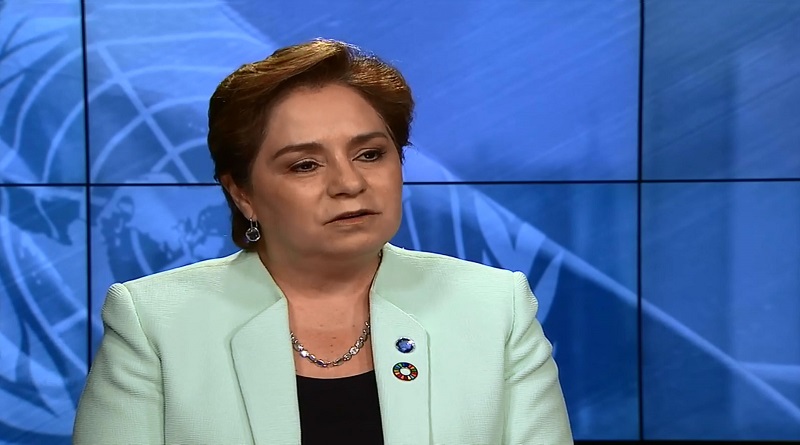UN publishes Improved Multilateral Assessment Webpages
The UN Climate Change secretariat has published improved Multilateral Assessment webpages that contain all the information on how developed countries are meeting their 2020 climate targets and enhancing implementation.
The new pages will help all countries in the UN Framework Convention on Climate Change to easily find information on a developed country’s climate actions, greenhouse gas trends and projections.
At the climate talks in June in Bonn, Germany (17 – 27 June), 19 developed countries will be sharing their achievements, innovative climate actions and experience in meeting the 2020 climate targets through the Multilateral Assessment process on Monday 24 and Tuesday 25 June.
These countries are Australia, Croatia, Denmark, Finland, Iceland, Ireland, Italy, Japan, Liechtenstein, Malta, Monaco, Norway, Poland, Romania, Russian Federation, Slovenia, Spain, Sweden, United Kingdom.
The purpose of the Multilateral Assessment is to track the progress made by each developed country to reach their 2020 target.
As part of the Multilateral Assessment process a 3-month Question and Answer period takes place, where any country can ask a question to the country who is being multilaterally assessed on their progress towards their 2020 target.
Questions have already been asked of those countries under Multilateral Assessment, including: what are country’s plans to increase ambition and strengthen their climate actions; what is the role of the land use sector in their climate actions and what are the drivers for any increases in greenhouse emissions. All questions and answers to developed countries are available in the multilateral assessment webpages.
The transparency framework represents an important component of increasing ambition by building trust and confidence that countries are taking action to meet their 2020 targets and builds the foundation to the Enhanced Transparency Framework under the Paris Agreement. Read more about the framework here.




